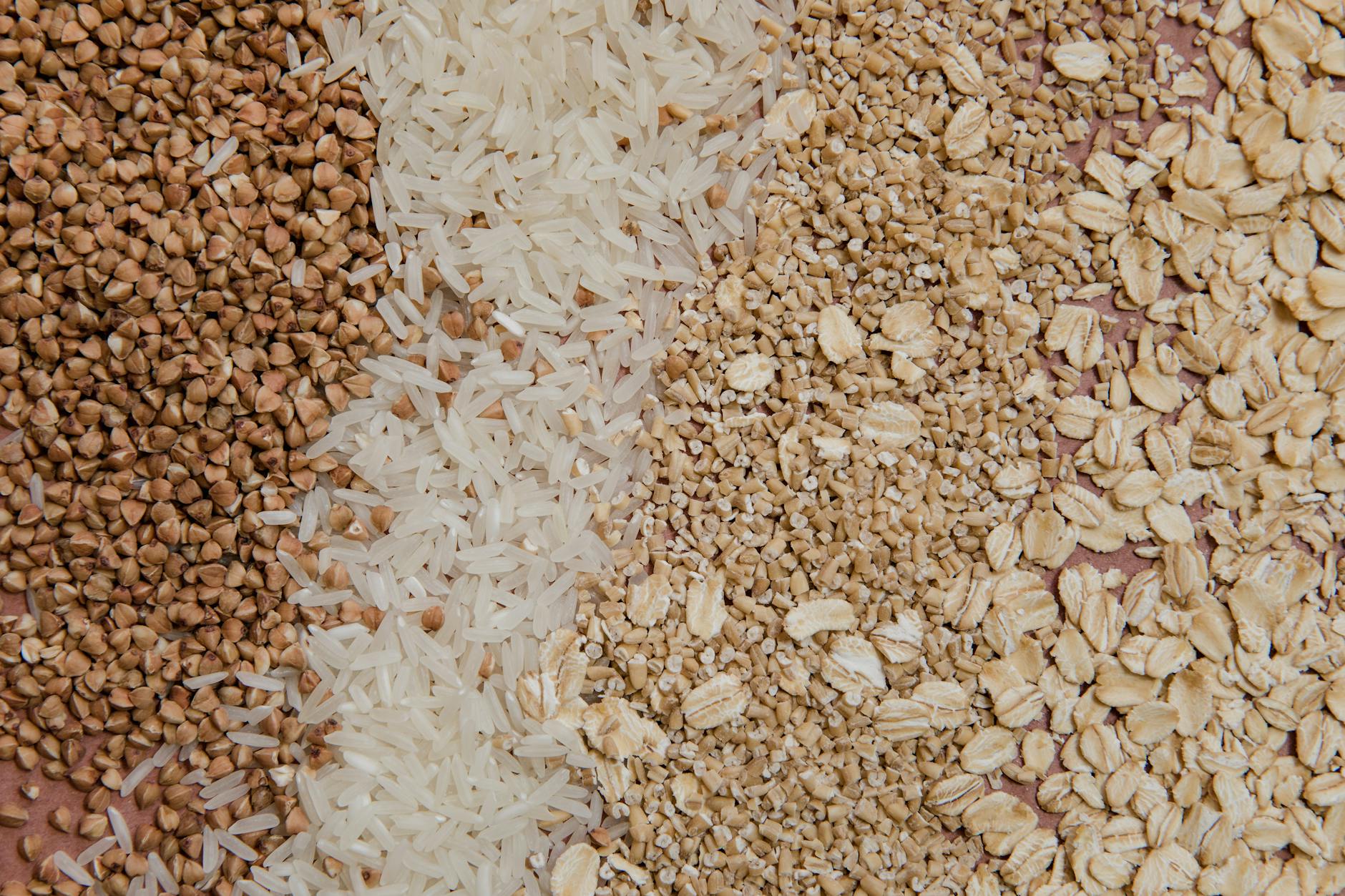It’s easy to overlook fiber when thinking about a healthy diet, but this simple nutrient plays a huge role in your overall well-being. From keeping your digestion on track to lowering the risk of chronic diseases, fiber is a powerhouse your body can’t afford to miss. Yet, many people fall short of getting enough, often because they’re unsure where to find it or how much they really need. In this post, we’ll break down why fiber is essential and share some of the best, easiest ways to add it to your meals.
What Is Dietary Fiber?
Dietary fiber is a type of carbohydrate that your body can't fully digest. Found in plant-based foods like fruits, vegetables, grains, and legumes, it works as a cleanup crew for your digestive system. While your body doesn't break fiber down for energy like it does with other carbs, it still provides essential benefits that go well beyond digestion. This powerhouse nutrient comes in two forms—soluble and insoluble—each with unique roles.
Soluble Fiber

Soluble fiber dissolves in water to form a gel-like substance in your stomach. You’ll find it in foods like oats, beans, lentils, and certain fruits such as apples and citrus. But what makes soluble fiber so special?
- Lowers Cholesterol: It binds to cholesterol molecules in your digestive system and removes them before they get absorbed into your bloodstream. This can help reduce bad cholesterol levels, potentially lowering the risk of heart disease. For more on its impact, Mayo Clinic offers a comprehensive breakdown.
- Regulates Blood Sugar: Soluble fiber slows how your body absorbs sugar, which helps stabilize blood sugar levels. That’s why it’s especially beneficial for people managing conditions like diabetes. The CDC highlights some insights on how it helps with diabetes.
Think of soluble fiber as the sponge of your digestive system—it soaks up water, cholesterol, and excess sugar, leaving your body functioning more effectively.
Insoluble Fiber
Insoluble fiber, on the other hand, doesn’t dissolve in water. It acts more like a broom, sweeping through your digestive system and bulking up your stool. You can find this type in whole grains, nuts, seeds, and vegetables like carrots and celery.
- Promotes Regularity: By increasing stool bulk, insoluble fiber eases the passage of waste through your intestines, preventing constipation. Need more detail? Healthline explains it well.
- Supports Digestive Health: It helps keep your gut running smoothly, reducing the risk of issues like diverticulitis or hemorrhoids.
- Gut Health Supercharge: Some research suggests it could improve the overall health of your digestive tract by positively influencing gut bacteria. Cleveland Clinic offers a helpful read.
While soluble fiber takes center stage with its gel-forming qualities, insoluble fiber is the workhorse, ensuring waste moves efficiently through your system. Together, they make an unbeatable team for your health.

